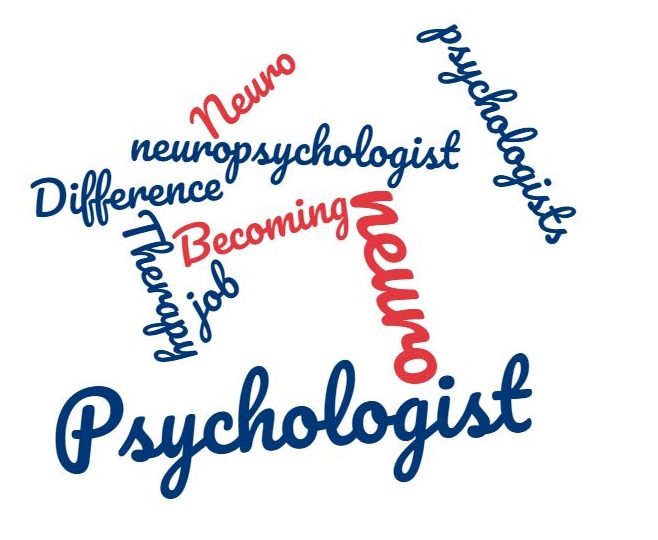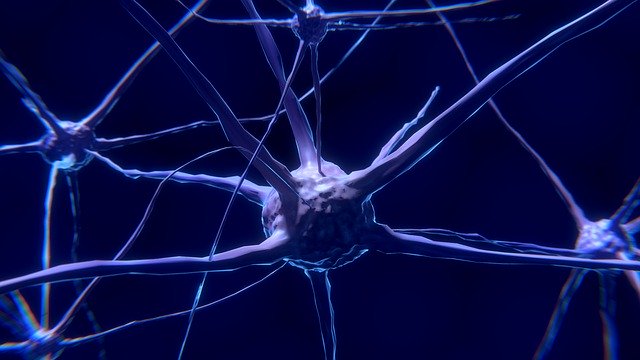Neuro Psychology

Neuro psychology is a branch of psychology that deals with the relations between brain processes and mechanisms on one hand and cognition and behavioral control on the other. Professionals in this branch focus on how injuries or illness of the brain affect behavior and cognitive functions.
Its goal is to understand how behavior and cognition are influenced by brain functioning. They are also concerned with the assessment or diagnosis and treatment of behavioral and cognitive effects of neurological disorders.
History
It is a new discipline in the field of psychology. Kolb and Whishaw in 1980 first published the book defining the neuro psychology field “Fundamentals of Human Neuropsychology.” In ancient times people believed for thousand years that the brain affects psychological states. In 3500 B.C.E Egyptian priest Imhotep studied the effect which the brain had on behavior. Hippocrates the argued that the brain directly affected the behavior. Philosopher Rene Descartes was fascinated by how the mind arises from the brain while later he was criticized for using highly unscientific methods.
By 20th century scientists started understanding that certain parts of the as neurotransmitters and hormones can affect the way signals are relayed both within the brain and from the brain to other areas of the body. Thus, this awareness has brought about the birth of modern neuropsychology.

Neuropsychology in Therapy
For years mental health experts worked with the brain to despite of focusing on the organ they are treating, though in many things the brain is still a mystery. Neuropsychology is a new field which offers the therapists better insights into how the brain works, integrating elements of medicine and psychologists.
Therapists who are using components of neuropsychology use a variety of techniques. Some have trained as physicians or neurologists others are primarily therapists.
Neuropsychology is concerned with assessing conditions that effect brain health such as Alzheimer’s and traumatic brain injury and thus evaluating how neurological functioning can affect mental health.
Psychometric assessments are conducted by clinical neuropsychologists to measure neurological health. They may also rely on the laboratory tests and consult doctors to diagnose and treat brain conditions.
Neurofeedback is one of the treatment approaches as it observes brain activity in real time. Neurofeedback is offered by therapists to the clients on how to improve or change brain activity for better mental health. Learning disabilities like dyslexia can also be treated by some neuropsychologist.
Trial-and-mirror approaches is used by many neuropsychologists for making small alterations to test their effectiveness.
Difference between neuropsychologist and psychologists
Neuropsychologists has a clinical Ph-D or Psy.D degree and focus on the brain’s cognitive functions such as attention, language and memory.
They observe neurobehavior disorder that are considered to be developmental disorder of the nervous system such as ADHD, Dementia, Alzheimer etc.
They have specialized training in brain behavior and how to form treatment from a diagnosis based on a series of cognitive tests taken by a patient.
Psychologist-: A non-clinical psychologist has a PhD in psychology but they do not have any clinical training and are not licensed to see patients. They research on how the mind works, the development of human throughout their life where as clinical psychologist sees patients and commonly conduct psychotherapy. A clinical psychologist differs from neuropsychologist as they primarily focus on emotions and behaviors. Also, they cannot prescribe medicines.
The requirement for becoming neuro Psychologist
B.A / BSc. In psychology (other BA degree will also work), Masters degree in psychology and a PhD or Psy. D with specialization in neuro psychology.
Thus, Neuro psychology deals with the relations between brain processes and mechanisms on one hand and cognition and behavioral control on the other. Its goal is to understand how behavior and cognition are influenced by brain functioning. They are also concerned with the assessment or diagnosis and treatment of behavioral and cognitive effects of neurological disorders.
Hence, neuro psychologists are specialized in understanding the brain and how changes to it affect our emotions, our ability to think and our behavior. They are also trained to assess and treat people who experience difficulties with memory, concentration, planning, reasoning, language and other aspects of learning and understanding. They also help people who are suffering from -:
- Emotional changes
- Sexual difficulties
- Difficulty in adjusting to life following diagnosis or treatment.